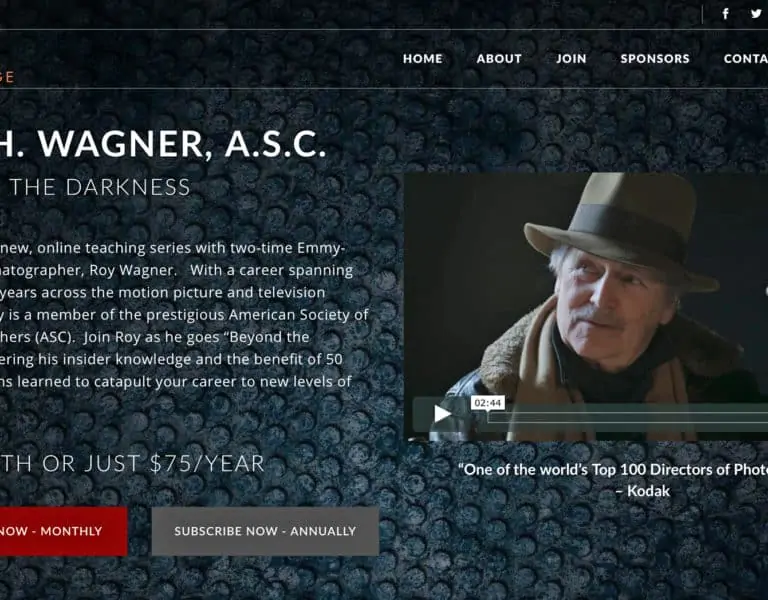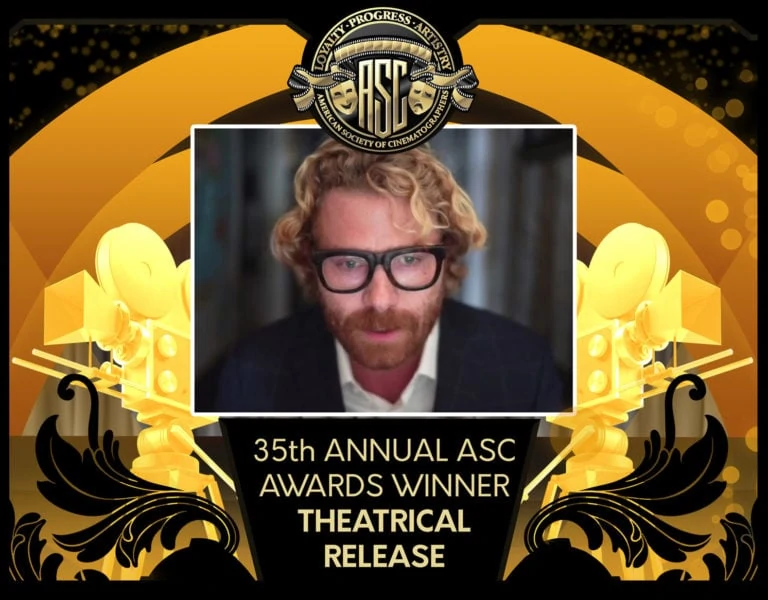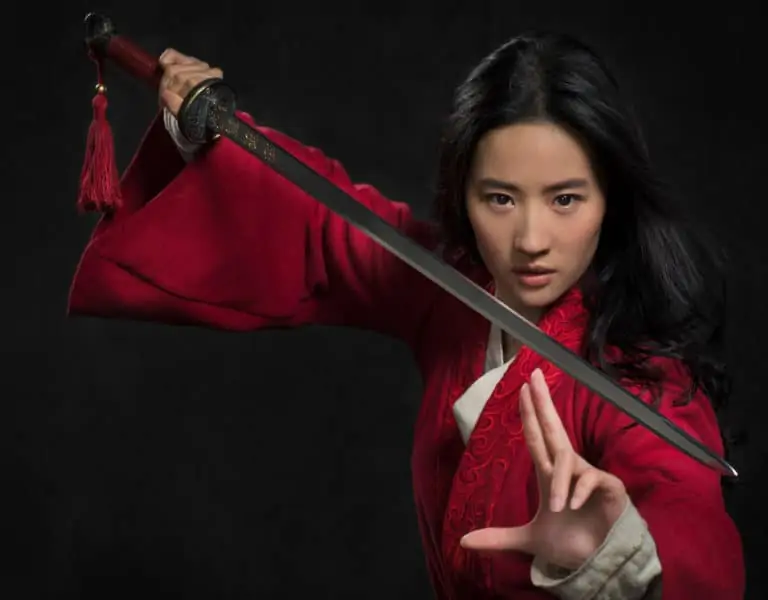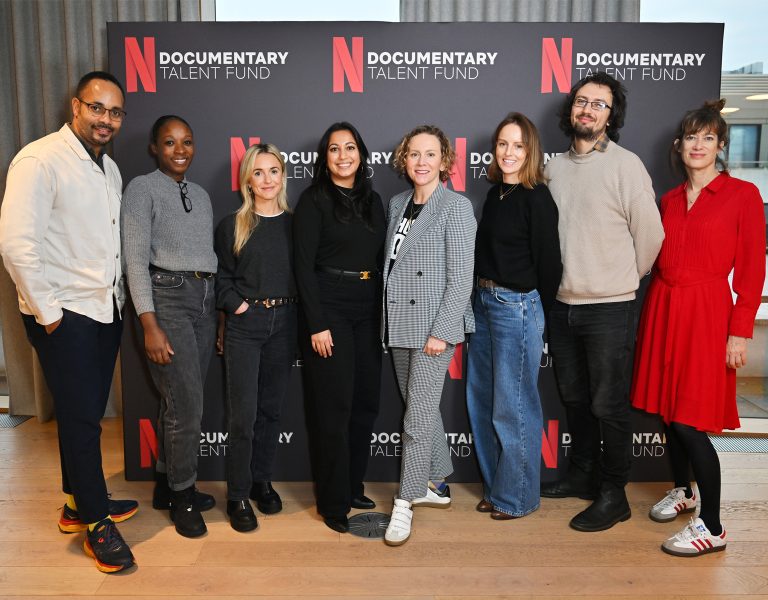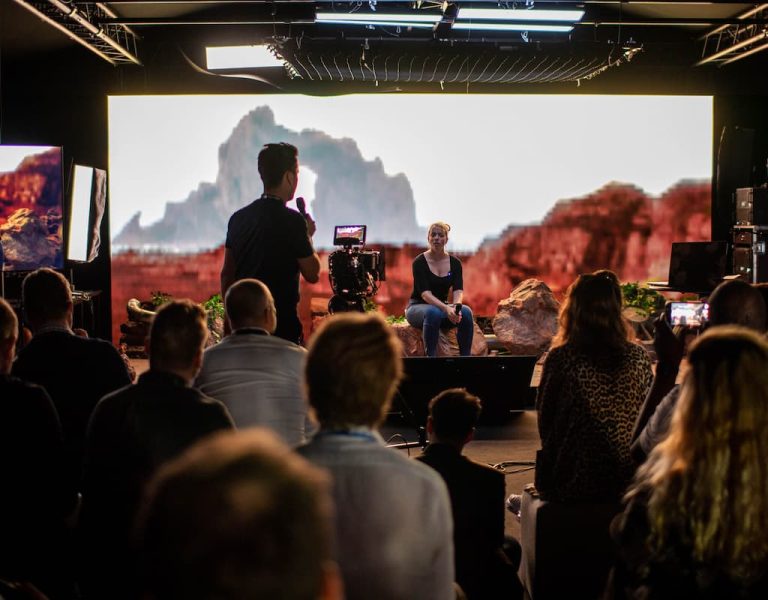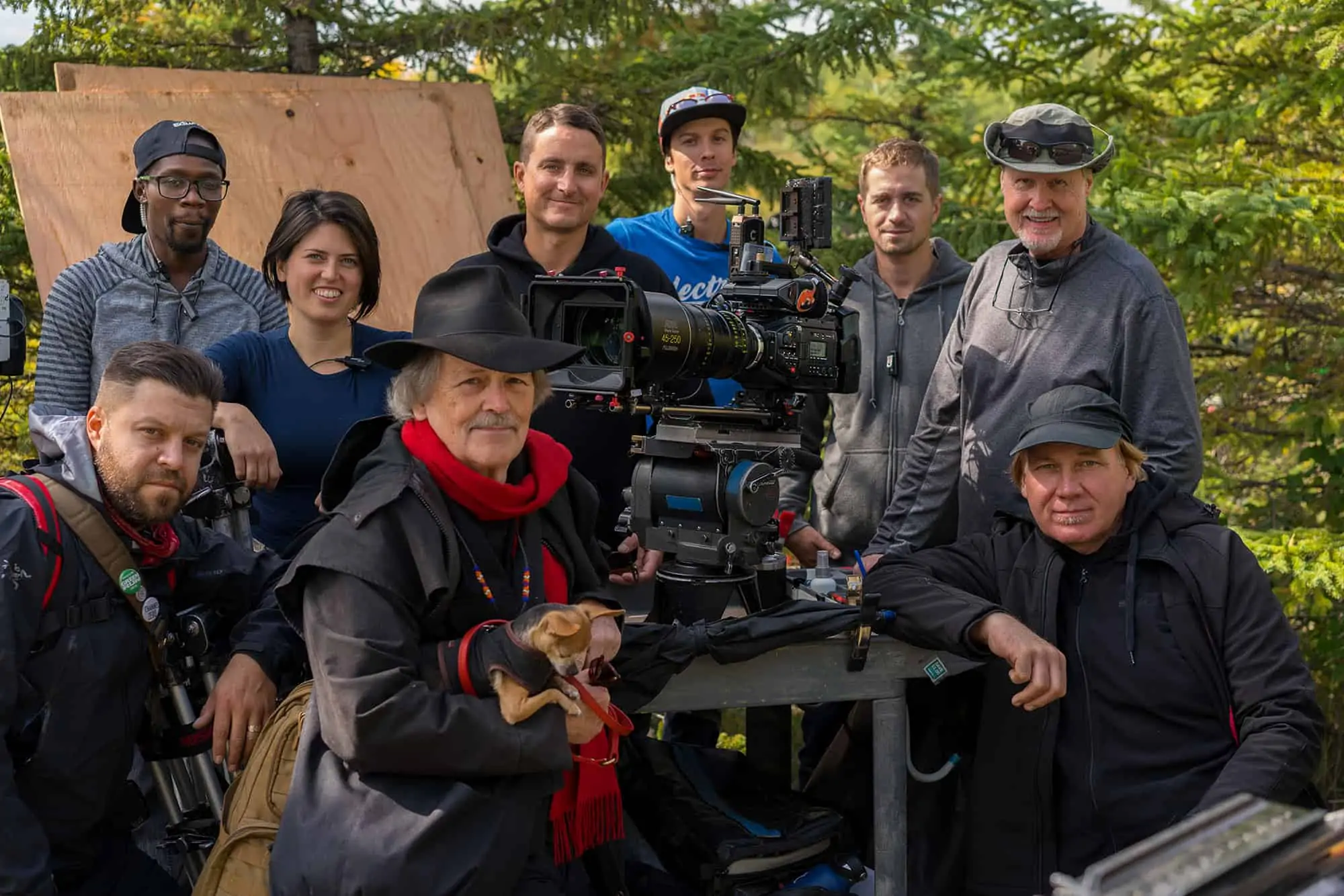
Cinematographer Roy H. Wagner ASC shot the upcoming musical drama Stand! using several Ursa Mini Pro cameras for principal photography, along with the Blackmagic Pocket Cinema Camera 4K for select shots.
The story of Stand! revolves around the general strike that occurred in Winnipeg in 1919, an event that inspired such modern causes as the Occupy movement, as well as many union efforts throughout history. Directed by Robert Adetuyi, the movie uses a musical format to tell a “Romeo & Juliet” style love story set in the violent events of the era. Starring Gregg Henry, Laura Wiggins, Marshall Williams and Hayley Sales, Stand! is slated for release in 2019.
Shot on location in Winnipeg, Wagner knew he would need a reliable camera system that could withstand the rigours of location shooting, whilst also being easy-to-use.
“This is a camera I’ve done extensive tests with and have found it incredibly competitive with the most expensive camera systems,” he says. “The crew had never used the camera before, and yet were able to pull a brand new camera out of its case and have it fully-prepped within three days.”
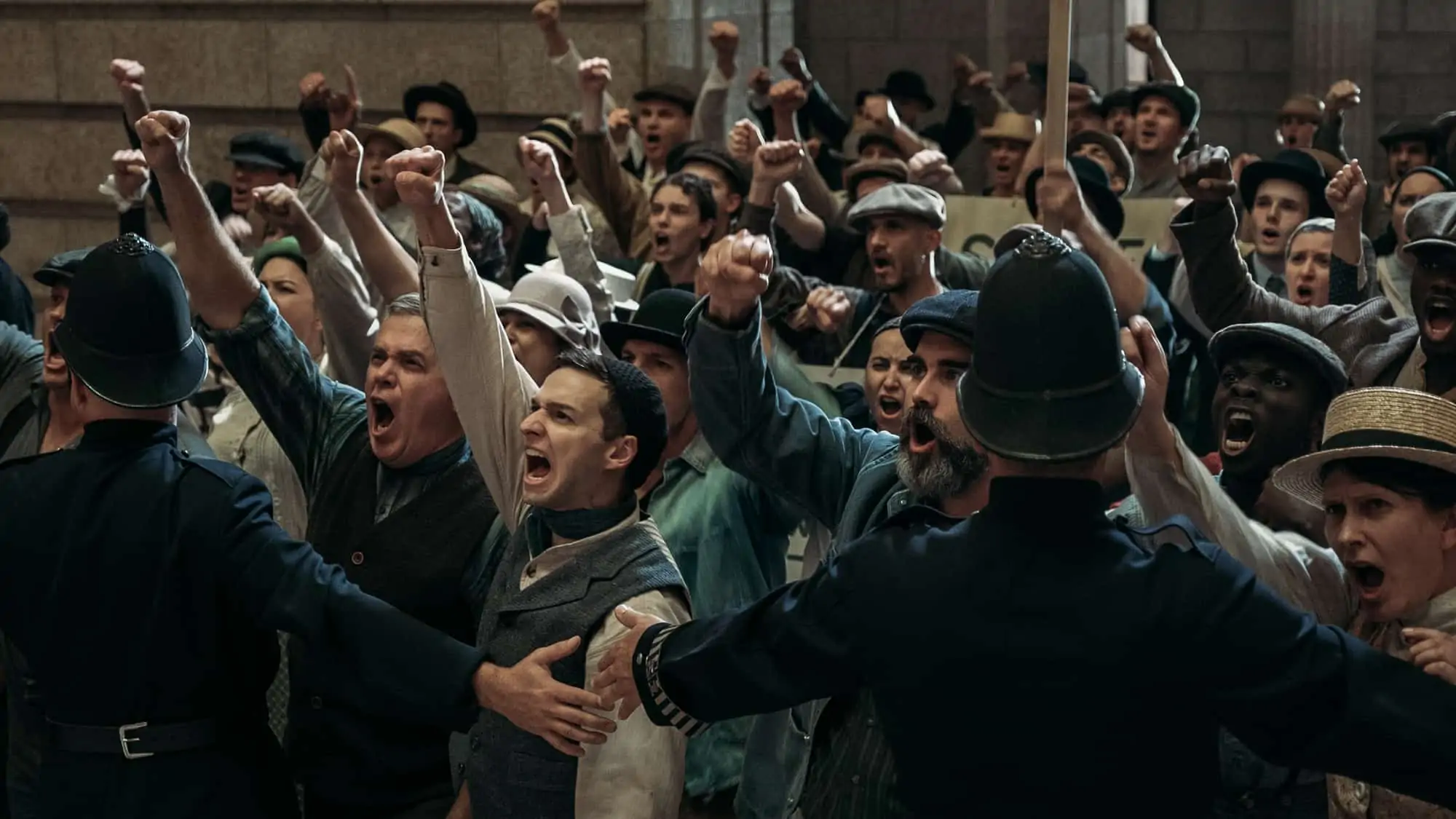
The style of photography called for dynamic lighting contrast, deeply detailed shadows and brilliant highlights, requiring a camera with enormous exposure latitude.
“What amazed me when shooting with the Blackmagic Ursa Mini Pro,” said Adetuyi, “was that it allowed us to get into low-light situations and still capture really thick, rich blacks. We went for a very aggressive style, and the images allowed us a lot of latitude for interpretation in post production.”
Wagner was also happy with the detail in the shadows. “The resolution, the sharpness, the dynamic range, will please any demanding cinematographer. We were filming with atmospheric smoke, filming through layers of lace and open weave material that would have caused aliasing with other cameras.”
The project put a high demand on unique imagery, both for its period setting and also its musical style. “It was a great challenge to capture 1919 in its fullness, yet tell a poignant and dramatic story, and Roy created such beautiful images,” says Adetuyi. “There were a lot of typical issues with time that meant the cameras were under combat style conditions. We never waited for camera problems nor was I ever told I couldn’t accomplish a difficult task. The cameras were incredibly light and small enough to place wherever I needed.”
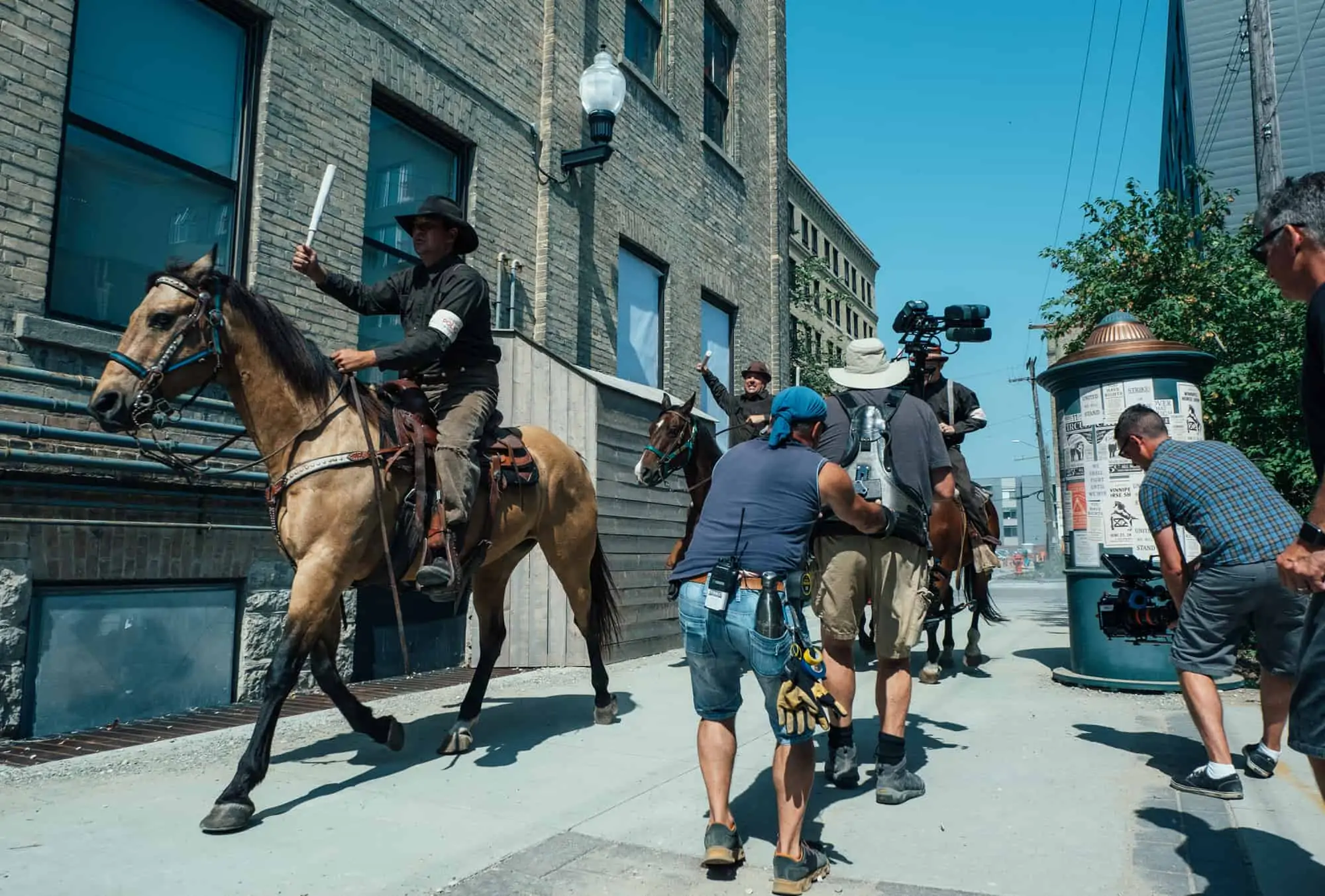
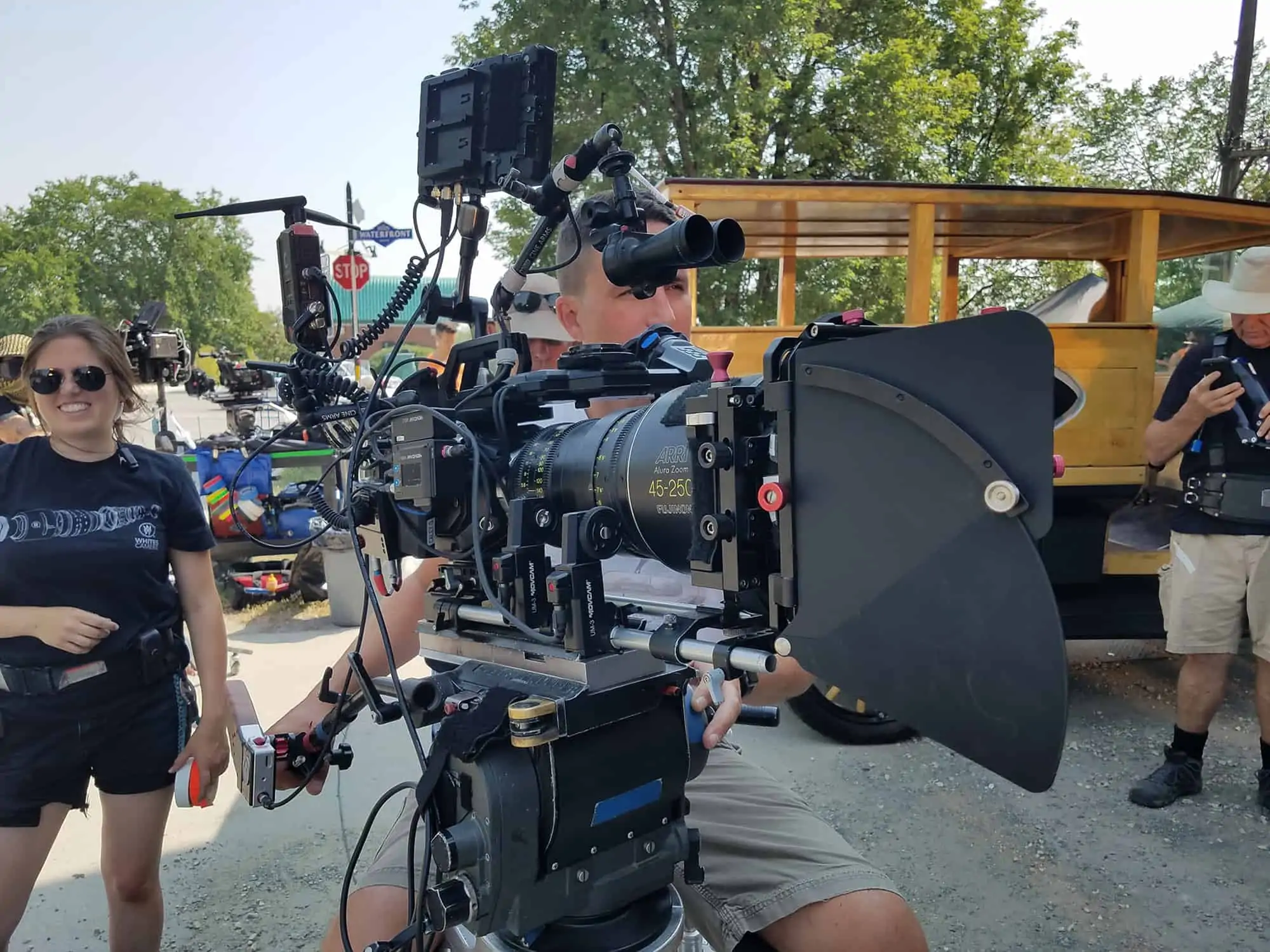
Wagner’s experience helped him to develop a unique style that was not afraid of contrast, yet embraced the story within the imagery. Wagner has driven the visuals of such diverse and innovative shows as CSI, House and Elementary. He is a multiple Emmy Award-winner, and is a member of both the ASC as well as being an honorary fellow of The British Royal Photographic Society.
Wagner has seen the transition from photochemical film to digital, and was deeply involved in early development of high definition imaging, photographing Pasadena, the very first dramatic episodic network television series in HD. Whilst always eager to embrace new technologies, he has not always been pleased with the results.
“I’ve done extensive tests with the Ursa Mini Pro and knew I was able to let the highlights overexpose and then bring them back in post production,” explained Wagner. “I could expose for the shadows and print for the highlights, which is what we used to do with the photochemical process. I was astonished at how it reproduces skin tone. I’m not having to use cosmetic rouge on the keylight, like I’ve had to do with virtually every other digital camera.
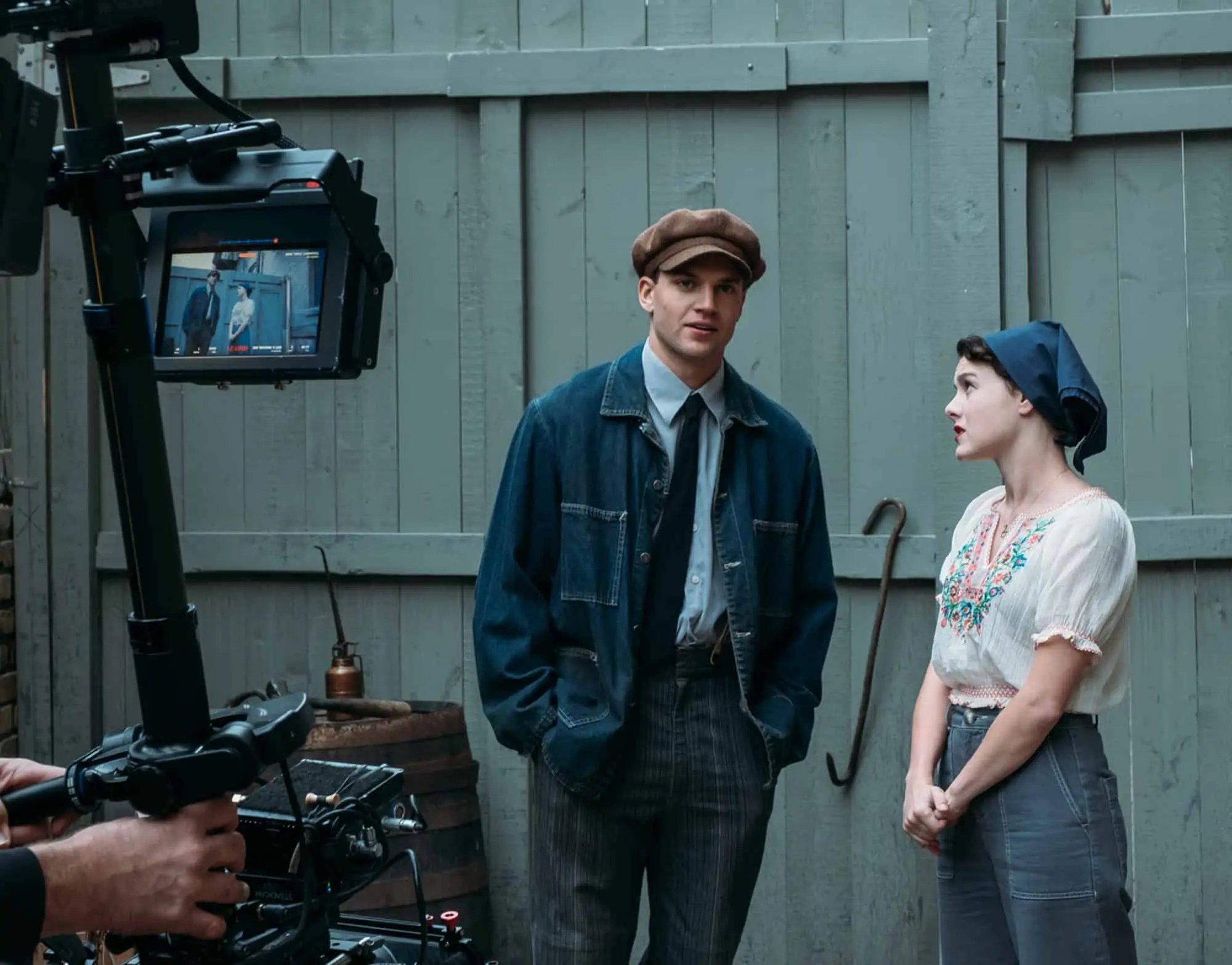
“Most modern cameras are like using medical devices. I’m having to put a great deal of diffusion in front of the lens, or something between the lens and the sensor in order to protect the actors. That was not the case with this camera. The filtration choices I made were creative.”
Wagner concludes, “This camera loves what’s in front of it, and gives me a chance to be an artist again. It can compete with any camera on the market now. But most of all, I’m excited about Blackmagic Design team because they love cinematography as much as I do.”
